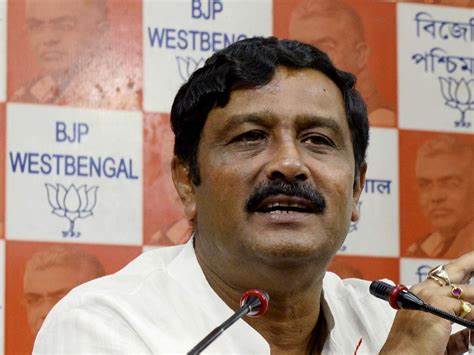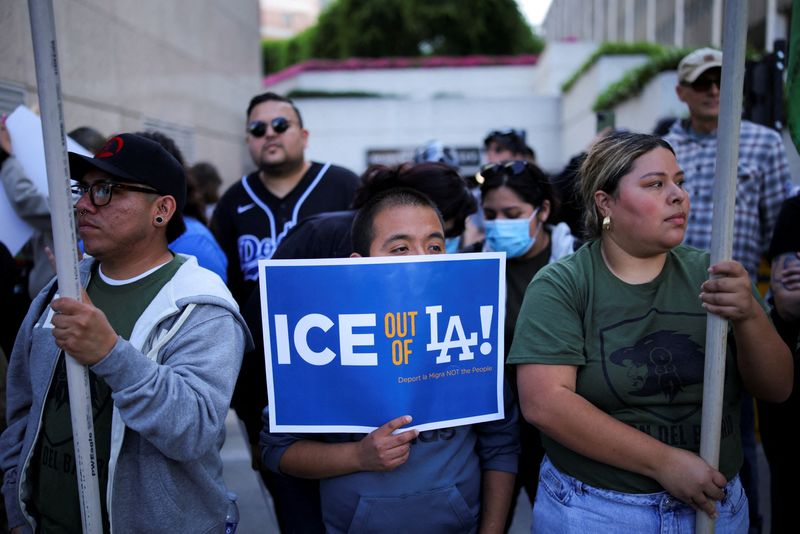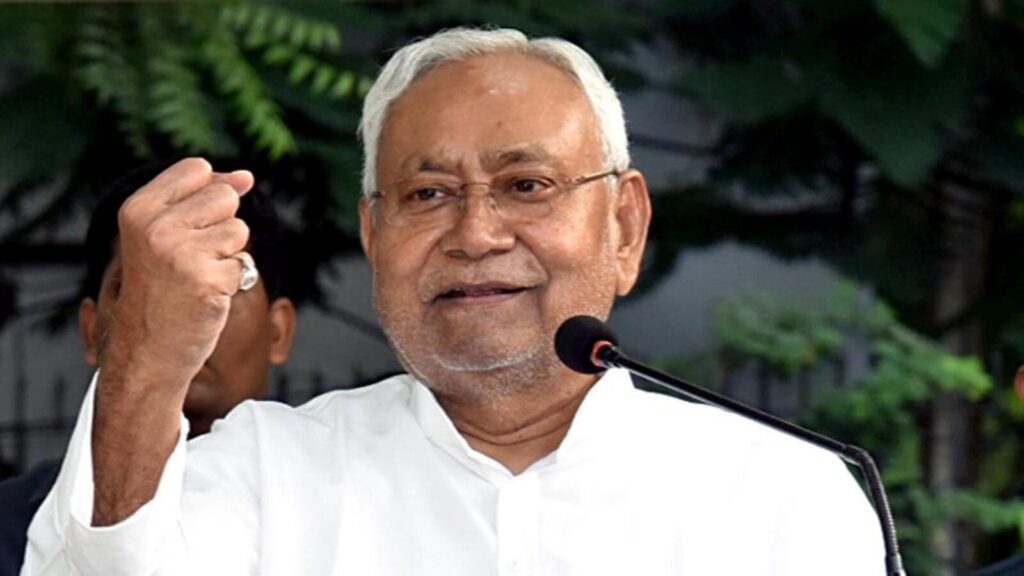Rahul Sinha slams police inaction, accuses TMC of enabling lawlessness after Rabindranagar violence spirals
Maheshtala, West Bengal – Fresh political tensions have erupted following a violent communal clash in the Rabindranagar area of Maheshtala, where a dispute over land ownership and religious sentiment spiraled into widespread violence. BJP leader Rahul Sinha has squarely blamed the Trinamool Congress (TMC) and delayed police response for allowing the unrest to escalate, alleging administrative failure and political negligence.
The violence, which began as a local property dispute, took a sharp communal turn and led to stone-pelting, arson, and attacks on law enforcement personnel. Several police officers were injured, and vehicles were damaged as authorities struggled to bring the situation under control. Sinha’s sharp remarks reflect the ongoing BJP-TMC rivalry over law and order issues in Bengal, where communal tensions are often intertwined with political allegiances.
BJP’s Rahul Sinha: ‘TMC Govt Failed to Prevent Maheshtala Riot’
Rahul Sinha, a senior BJP leader, issued a scathing critique of the handling of the Maheshtala violence, stating that “the violence could have been prevented” had the police acted swiftly and decisively. According to Sinha, the local administration failed to assess the sensitivity of the situation, allowing communal tensions to fester unchecked for hours.
#WATCH | Kolkata | On Maheshtala violence, BJP leader Rahul Sinha says, "Yesterday, violence lasted for so long because the Police stepped in very late. The administration should alert after this incident. TMC is the cause of violence in West Bengal..." pic.twitter.com/SziDNTSIVw
— ANI (@ANI) June 12, 2025
Sinha alleged that this administrative lapse was not accidental but the result of systemic negligence fostered under the Trinamool Congress government. “The TMC is responsible for fostering a climate where lawlessness thrives. Maheshtala is just one more example of their failure to maintain peace,” he said.
He further demanded the deployment of central forces in sensitive areas of West Bengal, arguing that state law enforcement was either unable or unwilling to act promptly in communal situations. The BJP has long accused the TMC of appeasement politics, and Sinha’s remarks appear to follow the party’s broader narrative of portraying Bengal’s law and order as deteriorating under TMC rule.
Land Dispute Turns Communal: Tulsi Mancha Sparks Violent Clashes in Rabindranagar
The spark for the violence came from a dispute over a piece of land in the Rabindranagar locality, where a tulsi mancha (sacred basil platform) was built at the site of a shop owned by a member of a minority community, reportedly while the shopkeeper was away for Eid celebrations. The Hindu group claimed the shop had encroached on temple land, while the opposing side insisted the tulsi mancha was a provocation and built without due process.
The situation quickly escalated into a full-blown confrontation, with both sides mobilizing locals and engaging in street protests, which turned violent. Reports indicate stone-pelting from both sides, arson, and vandalism, including allegations of temple desecration and retaliatory attacks on minority-owned properties.
What began as a property conflict soon acquired communal overtones, and the failure to contain it early allowed misinformation and religious sentiment to fuel the conflict. This mirrors past incidents in West Bengal where minor disputes turned violent due to administrative inaction and deep-seated mistrust between communities.
Police Face Resistance, BJP-TMC War Over Law and Order Escalates
The West Bengal police faced stiff resistance while attempting to disperse crowds, with multiple personnel reportedly injured during stone-pelting and police vehicles set ablaze. Rapid Action Force (RAF) units were deployed to restore order, and a number of arrests have been made, although tensions continue to simmer.
While BJP leaders demanded a high-level inquiry and deployment of central forces, the Trinamool Congress dismissed the BJP’s accusations, claiming the incident was a localised land issue that was being politicized by the opposition. TMC spokespersons argued that law enforcement was responding effectively and accused the BJP of “trying to inflame communal passions for political mileage.”
This incident adds to the growing list of flashpoints in West Bengal where law and order have become a battleground for political narratives. While the TMC promotes an image of responsive governance, the BJP continues to project the state as increasingly unstable and unsafe under Mamata Banerjee’s leadership. As the state heads into future electoral battles, such incidents are likely to remain focal points of political messaging. With communal undertones and administrative criticism, the Maheshtala violence has now become more than just a local law-and-order issue—it’s a symbol of the larger political conflict shaping Bengal’s future.





















